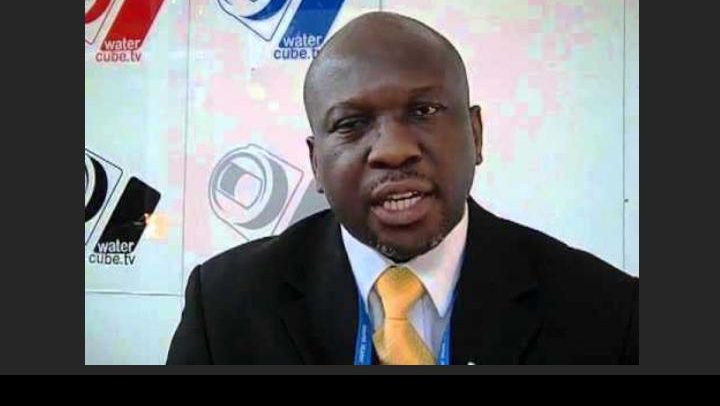Communications Director of the Ghana Water Company (GWCL), Stanley Martey says Ghana may have to import large quantities of water soon if the country’s major water bodies are continuously polluted through illegal mining activities.
According to him, the impact of illegal mining on the country’s major water bodies has increased GWCL’s operational cost, as it has to increase the quantity of chemicals used in the treatment of water for production, due largely to high turbidity levels.
In an interview with the DAILY GUIDE, he said the company’s assessment has revealed that none of the water bodies in the country has been spared with illegal mining activities, popularly called ‘galamsey’.
He stated that if the situation persists without a pragmatic approach by all Ghanaians to support the campaign against illegal mining, Ghanaians would have no option than to import water for consumption.
“I have mentioned it several times that we can’t say we won’t have water in the future, what we are saying is that if the rate at which our river bodies is been polluted continue as it is now, our water bodies will go extinct and there will be no water for treatment, our equipment will be there and we wouldn’t have water to consume, and when it so happens what do we do, we have to import.
“For instance, when we shut down our Daboase treatment plant and the people of Sekondi-Takoradi were not getting water, they were importing water from Accra and other regions,” he said.
Mr. Martey also gave a vivid account of some of the water bodies which have been polluted without any recourse to the implications.
“Galamsey is going on in the Black Volta in Upper West Region and in the Northern Region, sand winning is going on in Dallon in the Nawuni River where we extract water for treatment.
“The Odaso River in Obuasi is also seriously polluted due to ‘galamsey’, to the extent that it is affecting the volumes of water we were producing for Obuasi. In the Western Region, Bonsa, Pra which serves Sekondi-Takoradi is seriously polluted due to these ‘galamsey’. The levels of water went down and the little left was so turbid so we couldn’t extract and treat the water, and so we had to shut down.
Hemang in the Central Region and others had the same challenge. Others include Birim and Osino, among others,” he disclosed.
He explained that though the Volta River is the least polluted water body in the country, it has also been polluted in recent times as result of fish farming and severe acquatic weeds which are affecting the company’s treatment plant at Kpong in the Greater Accra Region.
“Barekese is not seriously polluted but tributaries to Barekese are polluted as a result of ‘galamsey’, so almost all major river bodies are being polluted.
Weija is being polluted by industrial affluent, refuse and farming activities along the river banks, and its affecting all our production process,” he added.
He said his outfit engages communities located around the river bodies on how illegal mining was threatening the human and environmental well-being of Ghanaians, but all these appear to be falling on deaf ears.
By Ebenezer K. Amponsah


